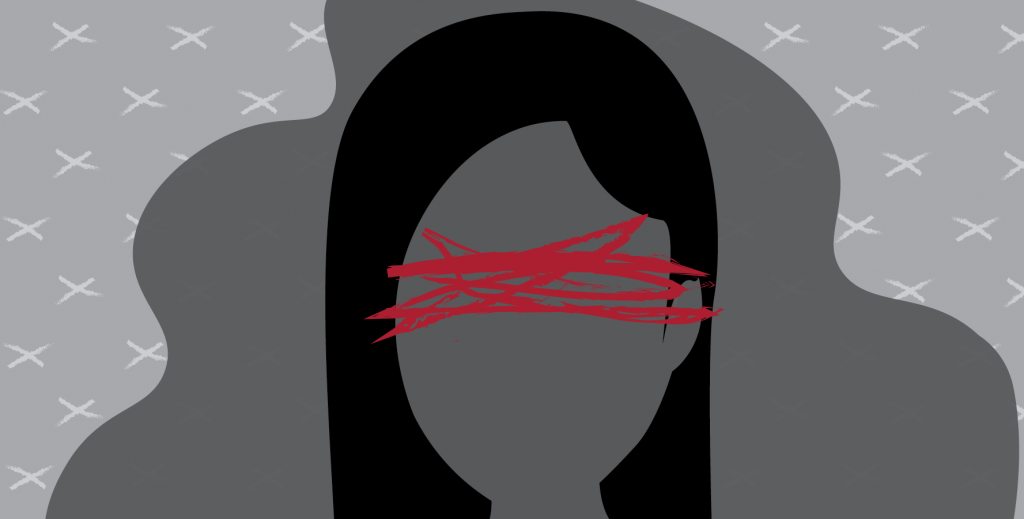
History has been on my mind lately, specifically how it is taught and through what lenses we examine the past. I was struck by the parallels seen in current social trends of cancel culture and the long–term habits of mending history by deleting the undesirable. For those who may be new to the term, cancel culture describes a form of boycott in which a person or business is thrust out of social or professional circles, generally due to an insensitive remark or action. This may occur online – such as on social media – or in the real world. Often it encompasses both.
The adage history is written by the winners is a callous reminder of the injustice we have built into the mortar of our most prized institutions. When those words were echoed by Attorney General William Barr last May in a televised interview, it hit home. Cancel culture can most certainly be broadened to encompass ideology and historical facts. Here is the lead representative of our Department of Justice, an agency responsible for blind justice, for equal justice for all people in the US, nonchalantly acknowledging that our story is tipped. Ignoring the plights of the weak and disenfranchised, our history books mute the voices of the minority. This cancel culture will have a disastrous outcome. It may continue to foster convenient ignorance, or worse, lead to a perpetual cycle of folly and violence.
Fabricated ignorance keeps the stories we tell ourselves gentle and justified. Such a history, full of heroes and American achievement, gives our youth a wistful understanding of the nature of progress and change. Canceling out all opposing rhetoric keeps the narrative narrow and easy to manipulate. “Keep America great” denies that within our very foundation are cracks of inequity. Unbalanced distribution of wealth and infrastructure is far too great of an adversary to the narrative; it’s best to cancel its relevance. Youth not taught the dynamics of our history will be ignorant leaders of our future, navigating the country blind to so many of the persistent problems we face. Cancelled.
On the other hand, investing in cancel culture threatens to lead our country down a path of cyclical oppression and brutality. There are lessons learned in the struggles for progress. I always tell my children “to never avoid trying for fear of failure. It is in our failures that we truly learn about ourselves and limitations.” If the winners write our histories, if our truths and limitations are all whitewashed, what do we learn about ourselves, or our soul and identity as a nation? Acknowledging and teaching the hurt and pain of revolution opens a gateway for empathy and its power to mend the schisms wrought by division, violence, and injustice. However, such a history is ugly, messy. Cancelled.
States across the nation have been removing statues, monuments chiseled out of stone to honor, and in many cases, to glorify, agents of a bloody and oppressive past. Recently, tributes to Christopher Columbus have been toppled in Minnesota, Illinois, Ohio, Connecticut, Florida, and Missouri, following the national narrative to bring an end to racism. Cities and communities want to celebrate themes of diversity and inclusion. For some, the removal of these statues is a logical sequence, following the trend of abolishing Confederate flags and divisive statues. For others it is the erasure of history.
It is said that there are two sides to every story. Insofar as this is true, is it not foolishness to choose to only tell one side? Is one person’s truth reliant on the dismantling of someone else’s? If we remove the evidence of our violent history, we risk forgetting and repeating the same offenses. What if these antiquated statues weren’t removed and sent away to another edited past, but rather resurrected with facts and context? Let these markers of history include the toll of brutality and oppression. Christopher Columbus: revered for his brave discovery of the new world, infamous for his exploitation of the Indigenous peoples of this land. Our history books need to take on such burdens.
According to Mark Elliot, history professor at the University of North Carolina, Greensboro, “The vast majority of [Confederate] monuments were built between the 1890’s and 1950’s, which matches up exactly with the era of Jim Crow segregation. These statues were there to teach values to the people, that’s why they put them in city squares. That’s why they put them in front of state buildings” (Little, 2017). The values these monuments stood for include the glorification of the cause of the Civil War. They don’t belong, never did. However, their existence tells the story of the hurdles in the Restoration Era and Civil Rights Movement. With an inclusion of context, history can be seen as it was and not in its edited version. What concerns me as I watch the news of toppling statues is the ineffectual impact it will have on the narrative of American history.
Upon hearing the words of John Lewis’ last essay written shortly before his death, I found myself saying aloud, “Yes!” An excerpt reads: “You must also study and learn the lessons of history because humanity has been involved in this soul-wrenching, existential struggle for a very long time. People on every continent have stood in your shoes, though decades and centuries before you. The truth does not change, and that is why the answers worked out long ago can help you find solutions to the challenges of our time.” As an icon of the Civil Rights Movement, Lewis’ words are poignant and earnest remembrances that history is in the making now. Those words offer a beacon of hope for the next generation continuing the fight for freedom and justice.
Will our legacy for future generations simply be the removal of complicated statues and symbols? Ours is a powerful nation, capable of nursing the light of freedom to brightly shine around the world. It is, however, our propensity to revise and edit our history that distorts the story of all those who have fought to keep that light of freedom burning here at home. It is imperative that we step beyond cancel culture and welcome discourse; we must choose to learn from our messy and convoluted past so that collectively we can continue to build a better America.









